Medicines alone work just as well as surgery for some patients!
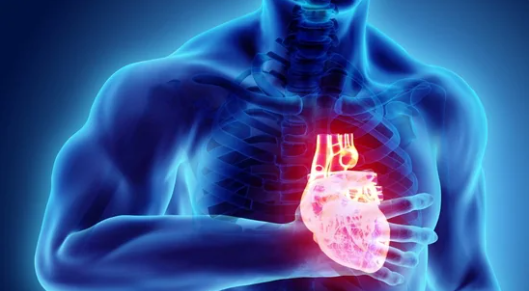
In its heyday, stents and bypass surgery were the gold standard treatment for patients newly diagnosed with heart disease. That began to change about a decade ago, after new data emerged suggesting these procedures were no better than medical treatment alone for patients whose heart-related symptoms are not considered an emergency. Now, a large study has further tipped the scales, reporting that statins, aspirin and other drugs together protect these patients just as well as stents or bypass surgery against heart attacks and death.
Following the medical therapy route requires patients to commit to that route, that means seeing the doctor regularly, keeping up with their medications, and exercising and eating a healthy diet. The federally funded study, called ISCHEMIA, is the largest clinical trial examining whether medical therapy alone, or in conjunction with stents or bypass surgery, reduces death or heart attacks in patients who have heart disease primarily due to arterial narrowed coronary arteries that contain plaque, but have manageable pain or other symptoms. Participants in the invasive procedure group had a device passed through their arteries, followed by stenting to keep an artery open or bypass surgery to divert blood flow around a blockage.


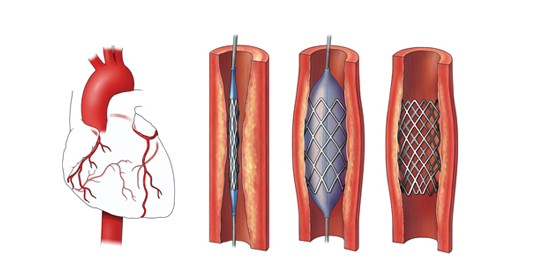
The study measured how well patients fared in terms of heart attacks, hospitalization for worsening heart health, or death; medical therapy alone produced very similar results to invasive procedures plus medical therapy in terms of rates of death and likelihood of heart attack. In terms of quality of life, patients who underwent an invasive procedure plus medication reported more improvements in their symptoms in the first year after the procedure than those who received medical therapy alone. It was more pronounced for someone with daily or weekly chest pain: while 20 percent of those who received only medical therapy were pain-free after one year, that was true for the 50 percent who underwent an invasive procedure plus medical therapy, according to cardiologists.
Heart disease can look different in men and women. Plaques in the arteries, which are made up of cholesterol, cells, and other substances, tend to break down in men, causing a blockage at the site that can lead to a heart attack. But in women, plaques can behave in different ways that contribute to heart attacks, including plaque erosion, in which small fragments break off and flow, producing clots further down the vessel. Also, women are more likely than men to have heart disease that doesn’t arise from a blockage at all, but from a condition in which the small blood vessels that feed the heart don’t work properly, called microvascular dysfunction. Treatment for patients with stable heart disease has been moving towards a medical therapy approach.
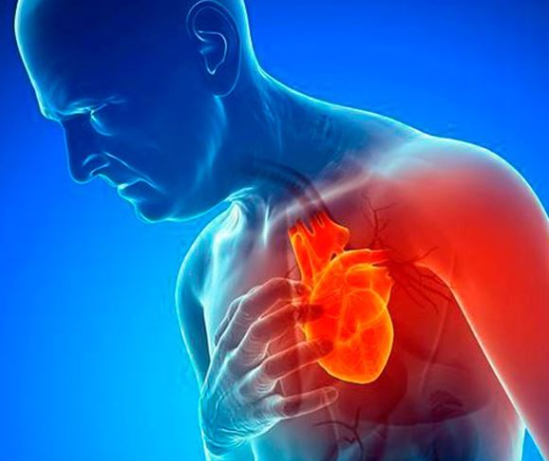
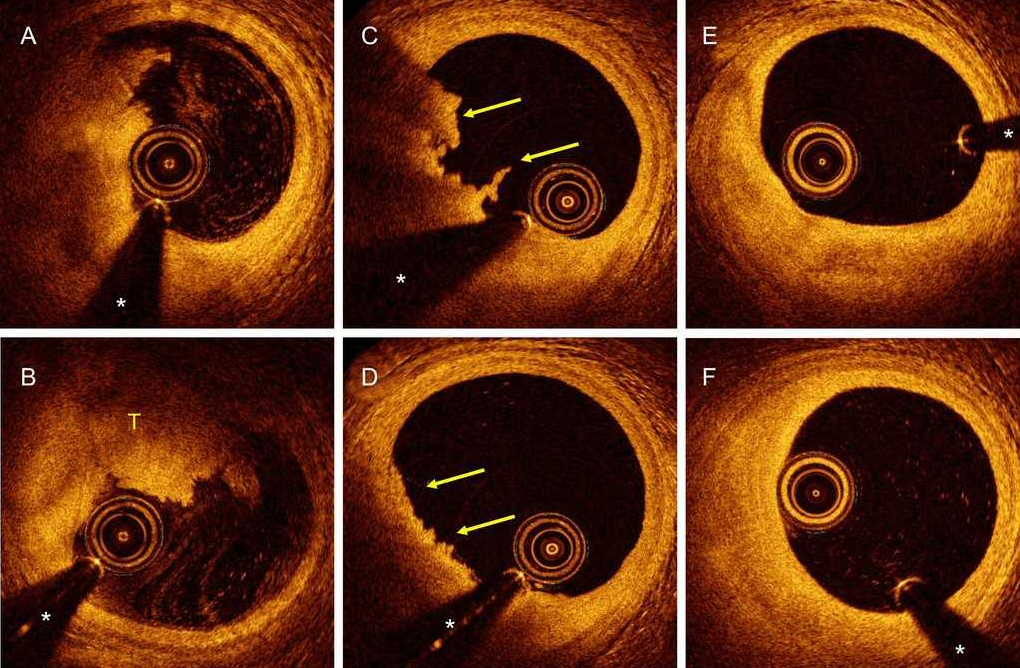

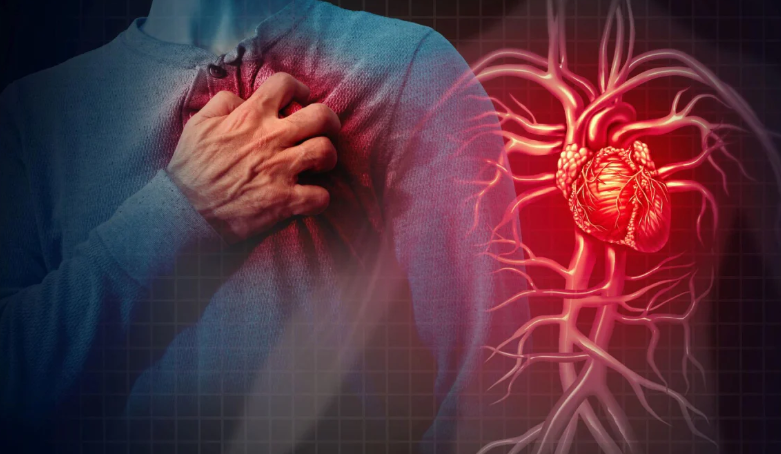

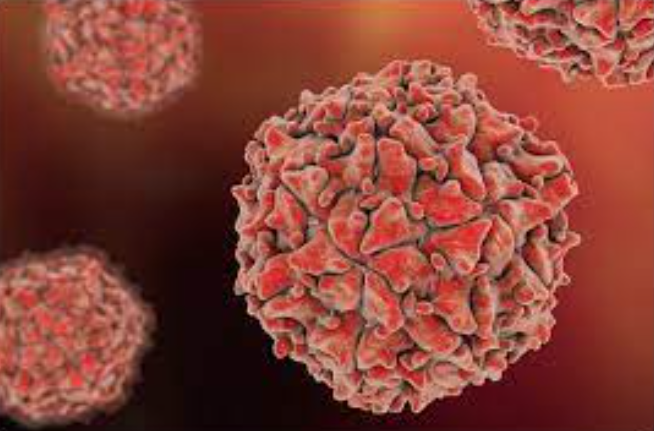

Responses